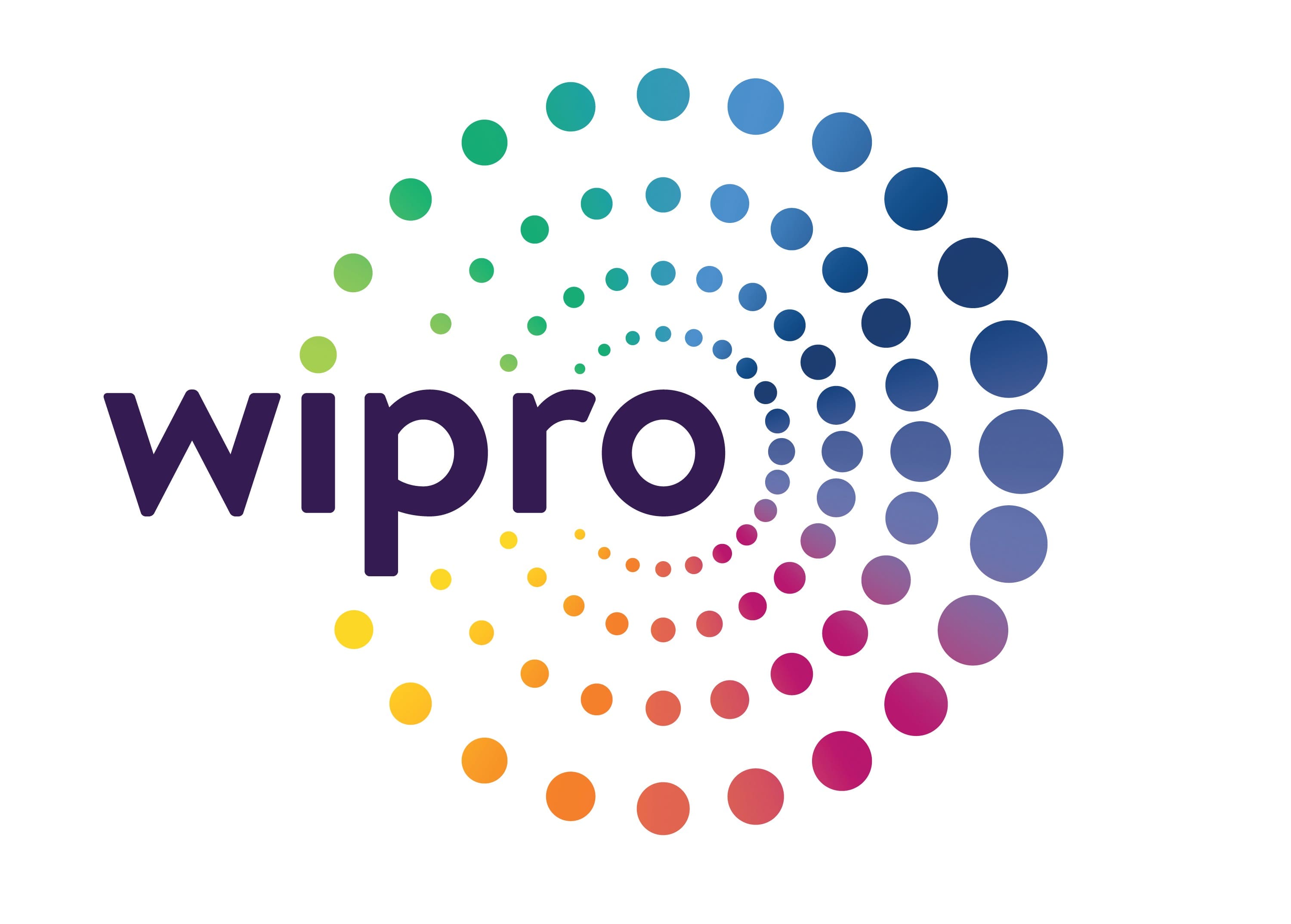Wipro, a prominent player in India’s IT services sector, has recently instituted a mandatory Wipro Hybrid Work Policy , signaling a departure from conventional office-centric work practices with Wipro Hybrid Work Policy . This move, effective from November 15, 2023, aligns with a broader industry trend of IT companies recalling their work models to enhance collaboration, productivity, and talent retention.

Key Provisions of the Wipro Hybrid Work Policy
Minimum Three Days of Office Work: Employees are now obligated to spend a minimum of three days each week working from the office. While the specific days can be chosen flexibly, a regular office presence is emphasized.
Flexibility in Work Arrangements: Acknowledging the importance of work-life balance, Wipro’s policy allows employees to choose the two days they work from home, offering a personalized approach to scheduling.
In-person Availability: Face-to-face interactions remain crucial as employees are required to be available for in-person meetings and client interactions, promoting effective communication and collaboration.
Video Conferencing Encouragement: Wipro actively encourages the use of video conferencing tools for meetings whenever possible, fostering a virtual connection while minimizing the need for travel.
Reasons Behind Wipro’s Hybrid Work Policy
Enhanced Collaboration: Wipro posits that in-person interactions contribute to improved collaboration and teamwork, thereby enhancing project outcomes.
Stronger Company Culture: The hybrid work model aims to fortify Wipro’s company culture by bringing employees together, fostering a sense of belonging and shared purpose.
Improved Productivity: The structured office environment is expected to boost employee productivity while the flexibility of remote work allows for individual optimization.
Talent Attraction and Retention: Wipro’s embrace of the hybrid model is strategic, aiming to attract and retain top talent as part of the company’s growth strategy.
Employee Reactions to the Policy
Positive Response: Some employees welcome the return to the office, anticipating benefits such as enhanced collaboration, improved focus, and strengthened team bonds.
Work-Life Balance Concerns: However, concerns have been raised regarding potential impacts on work-life balance, particularly related to commuting time and adapting to a hybrid work schedule.
Wipro’s Commitment to Employee Well-being
Wipro underscores its commitment to employee well-being through several measures:
Open Communication Channels: Employees are encouraged to communicate concerns or questions related to the policy through established channels.
Feedback Mechanisms: Continuous refinement is facilitated through feedback mechanisms, allowing Wipro to adapt the policy based on employee input.
Support for Adaptability: Resources and support are provided to help employees navigate and adapt to the new work arrangements seamlessly.
Impact on the Future of Work
Wipro’s hybrid work policy reflects a broader shift in the traditional work paradigm. As companies increasingly embrace flexible work arrangements, this policy is likely to influence industry practices, contributing to the ongoing evolution of the future of work.
Wipro’s Hybrid Work Policy: A Closer Look
In November 2023, Wipro, a leading IT services company in India, made headlines by implementing a mandatory hybrid work policy. This policy requires employees to work from the office for a minimum of three days each week and allows for work-from-home arrangements for the remaining two days.
The Rationale Behind the Policy
Wipro’s decision to adopt a hybrid work model stems from several factors, including:
-
Enhancing Collaboration and Teamwork: The company believes that in-person interactions can foster better collaboration and teamwork, leading to improved outcomes.
-
Strengthening Company Culture: Wipro aims to preserve its company culture and values by bringing employees together regularly.
-
Boosting Productivity: The company anticipates that a hybrid work arrangement will enhance employee productivity and engagement.
-
Attracting and Retaining Talent: Wipro recognizes the growing preference for flexible work arrangements and believes that the hybrid model will make the company more attractive to potential employees.
Employee Reactions and Concerns
While some employees welcomed the opportunity to return to the office and interact with colleagues, others expressed concerns about the impact on their work-life balance. The potential for increased commute times and the need to maintain a dedicated workspace at home were among the concerns raised.
Wipro’s Support for Employees
Wipro has pledged to provide its employees with the necessary support to adapt to the hybrid work model. The company has offered resources to help employees manage their time effectively, maintain a healthy work-life balance, and create a productive home office environment.
The Future of Work
Wipro’s hybrid work policy reflects the evolving nature of the workplace. As technology advances and work patterns shift, companies are increasingly exploring flexible work arrangements to meet the needs of their employees and adapt to the changing demands of the business world.
Key Takeaways
-
Wipro’s hybrid work policy represents a significant shift in the company’s approach to work arrangements.
-
The company believes that the hybrid model offers a balance between the benefits of in-person collaboration and the flexibility of working from home.
-
Wipro’s commitment to supporting its employees during this transition is crucial for ensuring a successful implementation of the hybrid work policy.
Additional Considerations
-
The effectiveness of Wipro hybrid work policy will depend on several factors, including employee adaptability, clear communication guidelines, and ongoing evaluation and adjustments.
-
The company’s willingness to address employee concerns and adapt the policy based on feedback will be essential in maintaining employee satisfaction and productivity.
-
Wipro hybrid work policy serves as a case study for other companies considering similar arrangements, highlighting the importance of careful planning, employee support, and continuous evaluation.
As the world of work continues to evolve, Wipro Hybrid Work Policy stands as an example of how companies are redefining work arrangements to meet the needs of their employees and the demands of the modern business landscape.
Wipro’s implementation of a mandatory Wipro Hybrid Work Policy marks a significant milestone in the IT industry. The company’s strategic approach to balancing employee well-being, collaboration, and productivity underscores its commitment to staying ahead in an ever-evolving work landscape. The success of this policy will hinge on effective implementation, continuous feedback, and the adaptability of both Wipro and its workforce.
